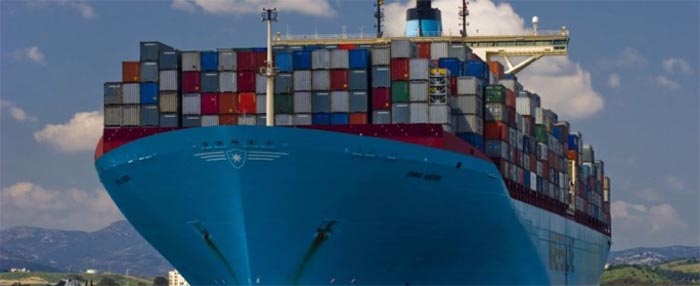BRAZIL – Approximately 32% of a group of entrepreneurs surveyed by Brazil’s National Industry Confederation (CNI) indicated that administrative and customs bureaucracy in the destination countries and the existence of import tariffs as the main obstacles faced to be able to sell their products and services abroad.

On the other hand, 20% of exporters consider the sanitary and phytosanitary measures a major obstacle to be overcome. Other non-tariff barriers, such as subsidies, technical standards, norms of origin and import quotas were listed by 17% of exporters participating in the CNI survey “Challenges to Competiveness of Brazilian Exports”.
The main obstacles to access to foreign markets identified by the CNI survey were as follows: administrative bureaucracy (37.3%), customs bureaucracy in the destination country (36.0%), import tariffs (32.7%), sanitary and phytosanitary measures (20.2%), subsidies that harm competition (16 7%), technical standards (16.5%), norms of origin (13.6%), import quotas (12.2%), restrictive government procurement regime (9.3%), lack of protection intellectual property (5.9%), anti-dumping measures (5.1%), restrictions on the provision of services (4.8%) and other obstacles (1.3%). CNI points out that the sum of the percentages exceeds 100%, since companies could indicate more than one option.


0 Comments